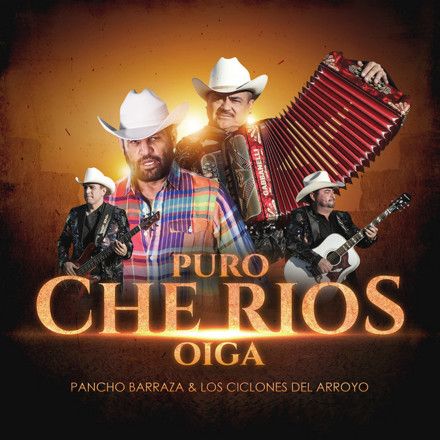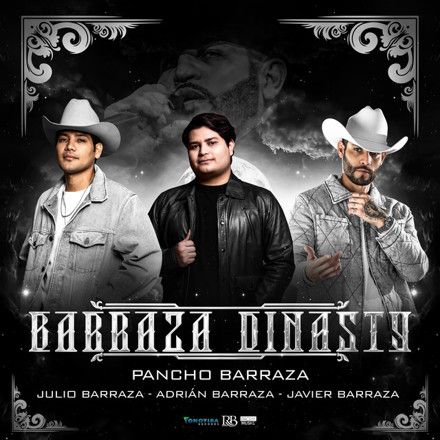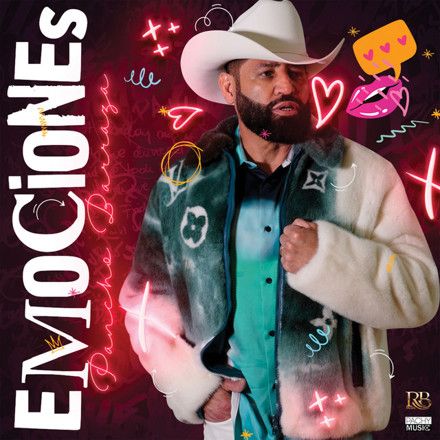Pancho Barraza was born in Villa Unión, Mazatlan, Sinaloa, on June 18, 1961. Since he was a child, he showed an interest in music and gained experience participating in various competitions. He studied music teaching at the Distinguished Normal School of Sinaloa and worked as such at a secondary school in the town of Villa Unión until he was 22, when he joined the group Karisma as a bassist. In 1989, Banda Sinaloense Los Recoditos invited him to join their ranks. In 1990, he recorded his first album with the group for Discos Musart. He also became the creator of the romantic style in banda music, and this is how Recoditos began to be heard on radio stations across the Pacific thanks to Pancho, who participated as a composer on the six productions he recorded with the band until 1994. That year, because he was known as Pancho Barraza y Los Recoditos or Los Recoditos y Pancho Barraza, the Sinaloan native decided to leave the band and forge a solo project, thus creating Banda Santa María. In 1995, Pancho released his first album, titled "Mis canciones de amor." In 1997, he decided to record an album with mariachis titled "Invéntame un amor," which featured the cumbia "Pero la recorduerdo," a song that featured a video and remained at number one on radio for more than five weeks. By 2000, he had recorded five albums, one with mariachi, three in which he re-recorded his hits with Recoditos, and finally, he released a previously unreleased album at the end of the year. In 2001, 2003, and 2004, he released three live albums in which he combined his band, group, and mariachi, all together on the same stage. In 2005, he decided to take a break, and in 2007, he released a new album. Between 2009 and 2010, he again released two albums with mariachi. In 2010, he recorded the duet "Cosas del amor" with fellow singer-songwriter Mariano Barba, and the two performed together at a private event. Later, in 2016, he recorded the duet "Hay amores" with Julión Álvarez for his album "Mis ídolos, hoy mis amigos," a tribute album created by Álvarez to El Coyote, Julio Preciado, and Pancho Barraza. Since then, he has consistently achieved such significant hits that he is also known as "El Idolo de las Multitudes."




